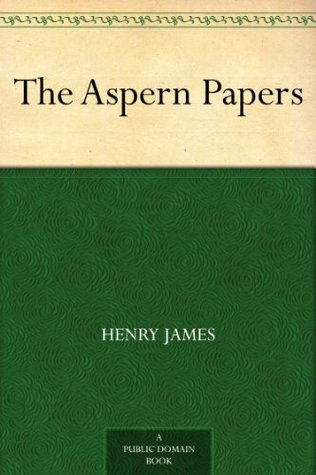It was incontestable that, whether for right or for wrong, most readers of certain of Aspern's poems (poems not as ambiguous as the sonnets—scarcely more divine, I think—of Shakespeare) had taken for granted that Juliana had not always adhered to the steep footway of renunciation. There hovered about her name a perfume of reckless passion, an intimation that she had not been exactly as the respectable young person in general. Was this a sign that her singer had betrayed her, had given her away, as we say nowadays, to posterity? Certain it is that it would have been difficult to put one's
...more
Welcome back. Just a moment while we sign you in to your Goodreads account.


